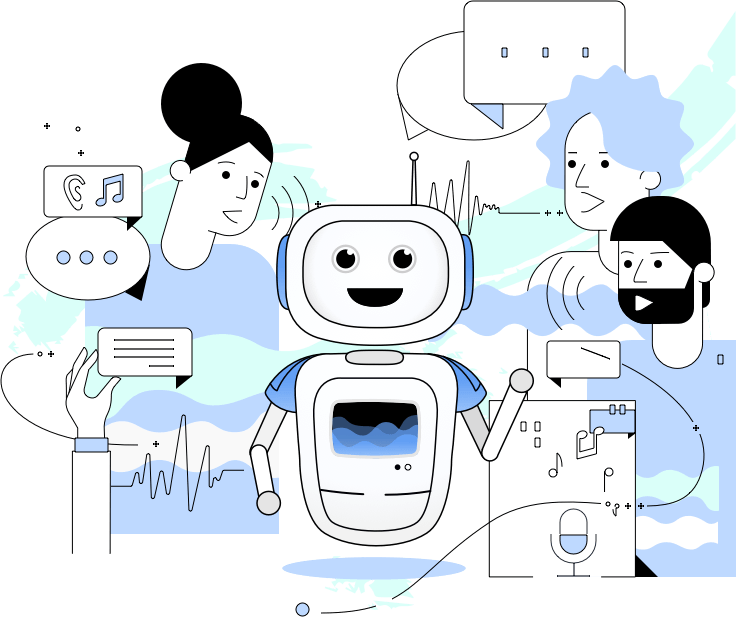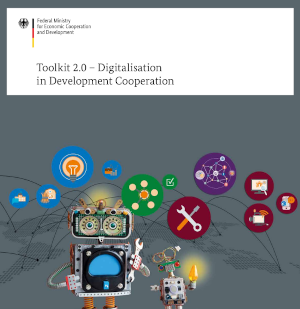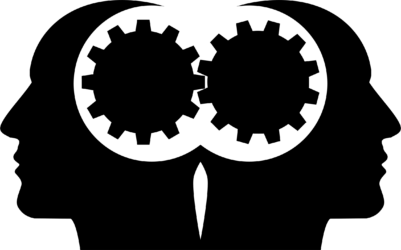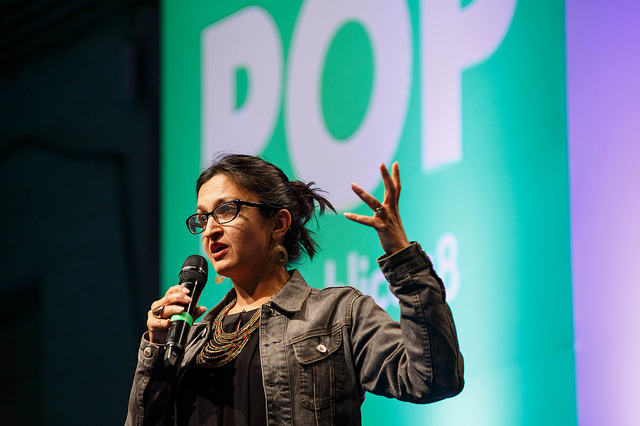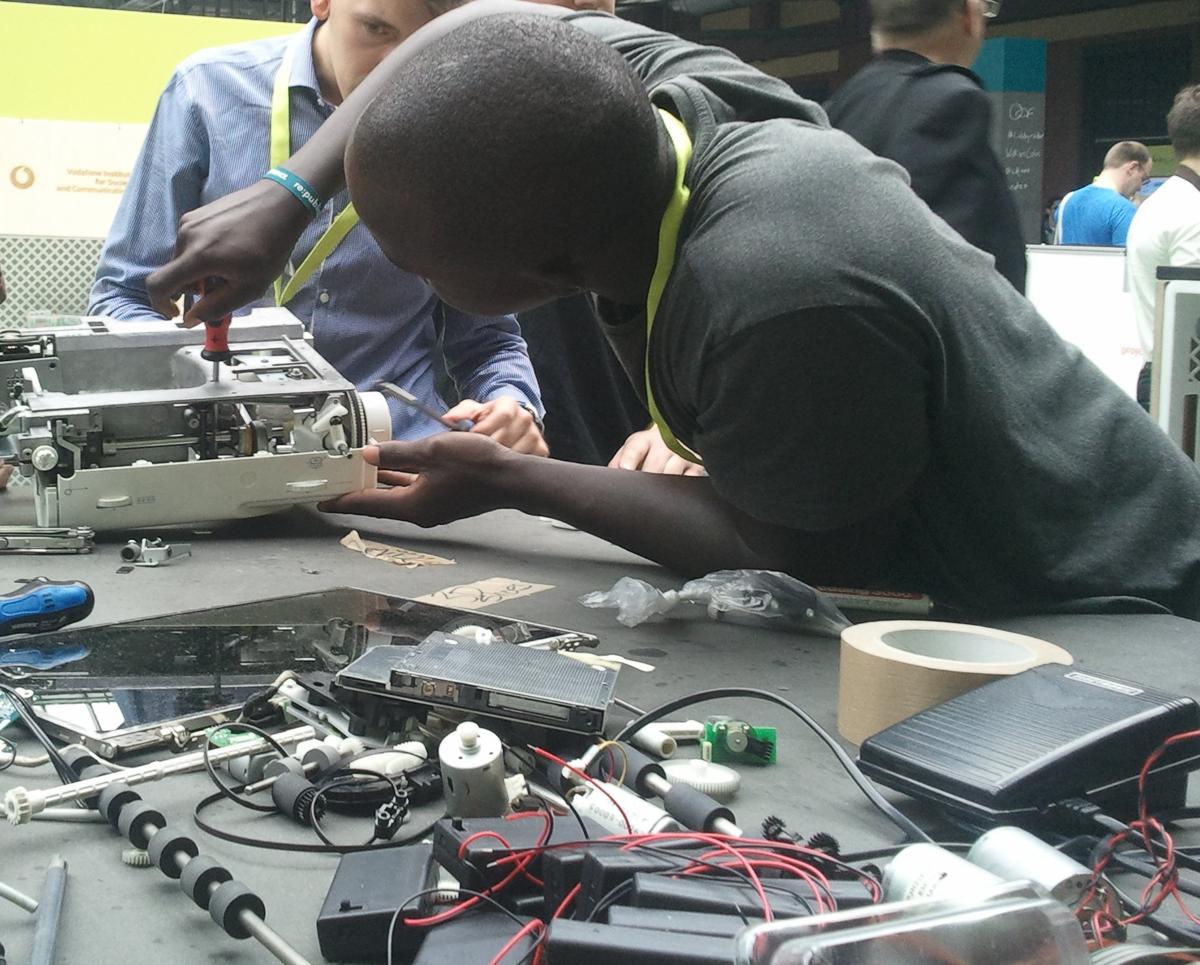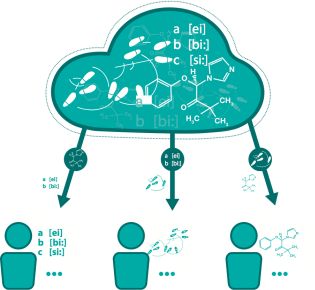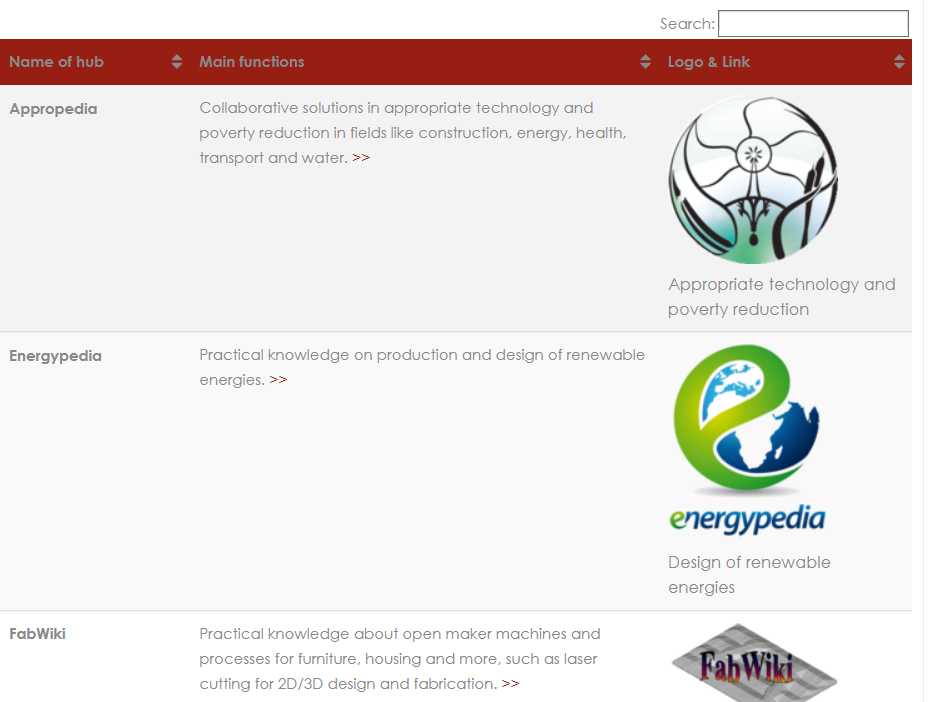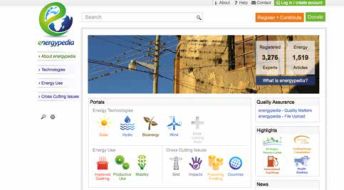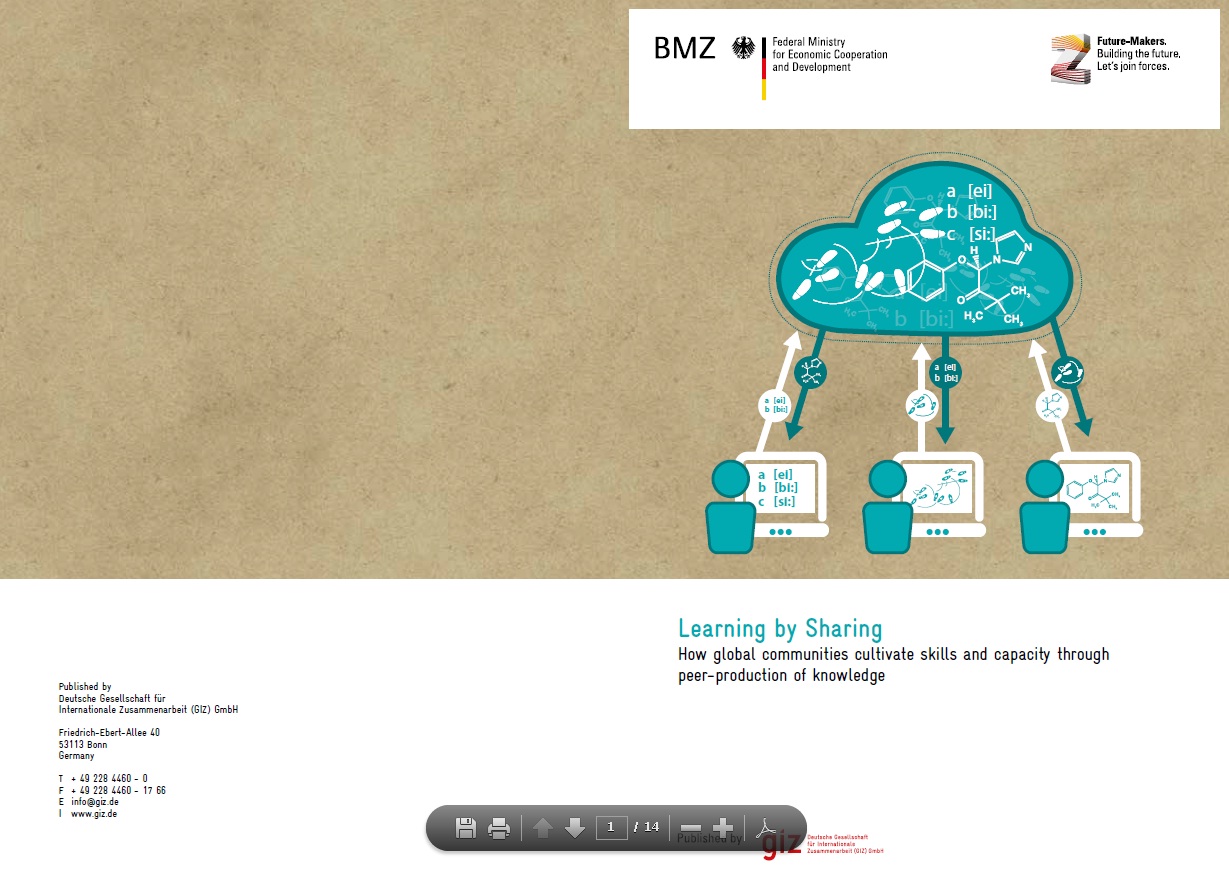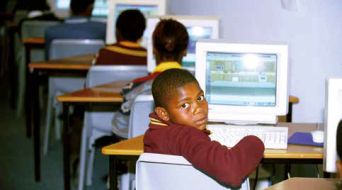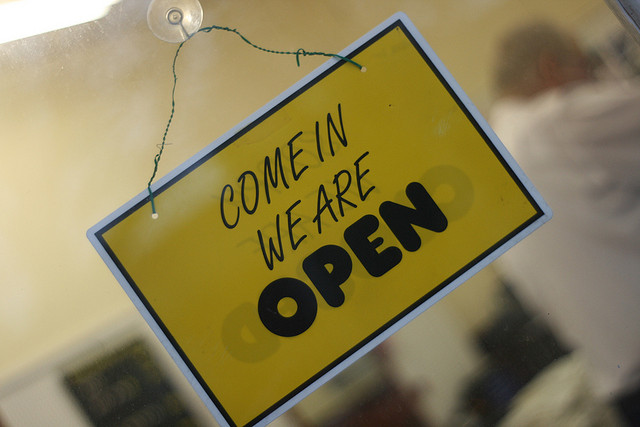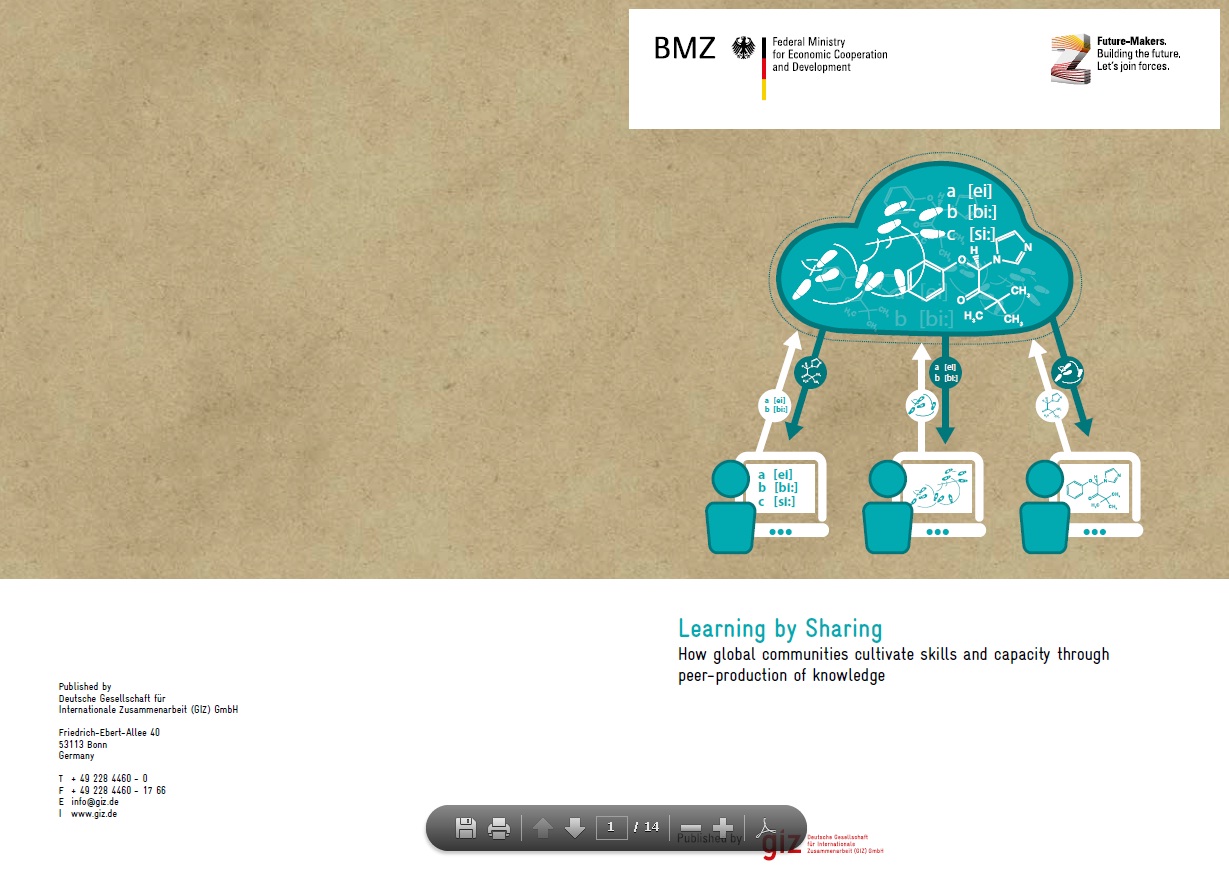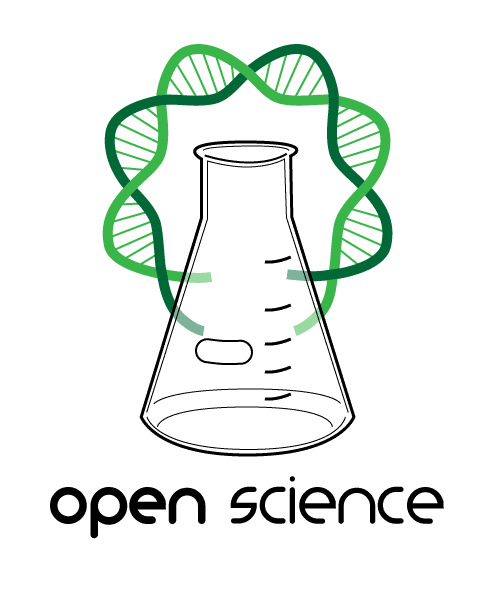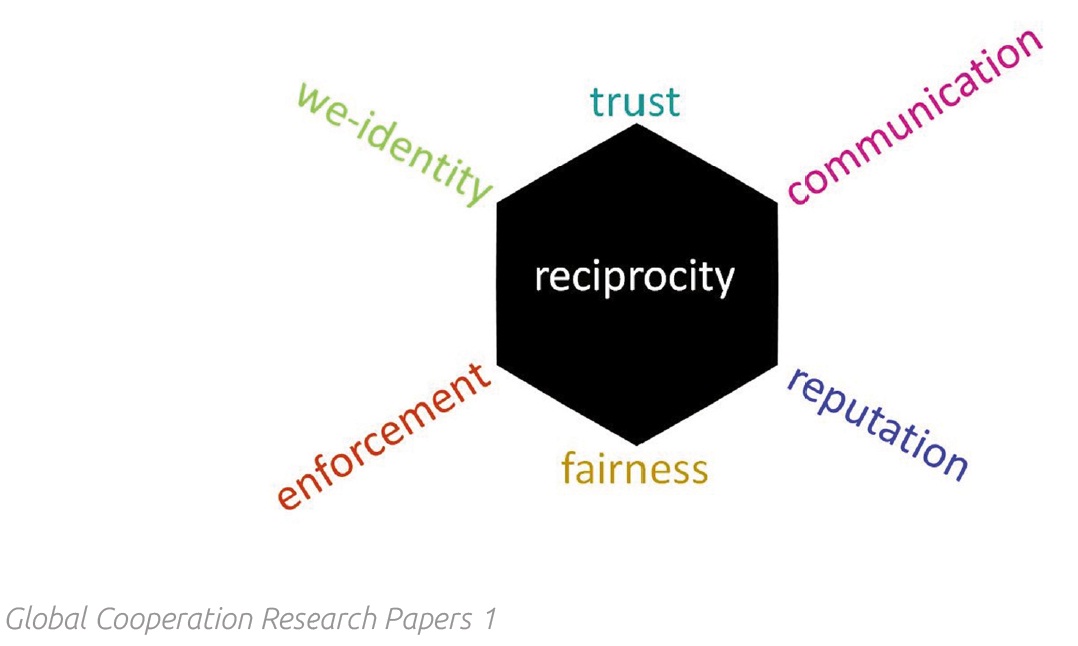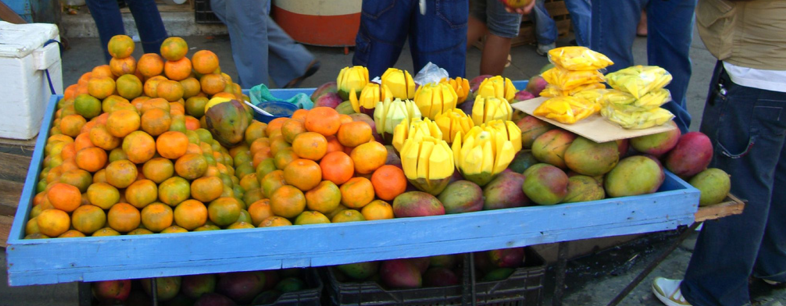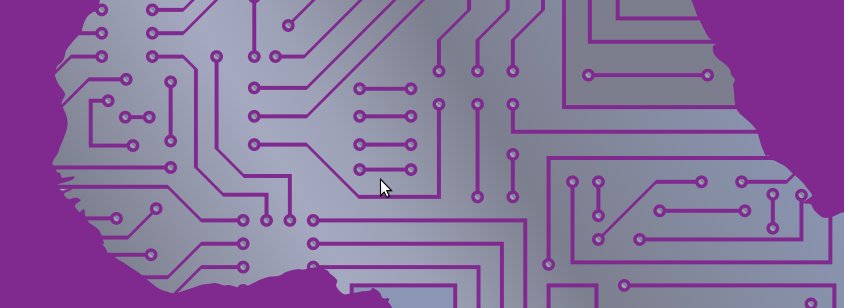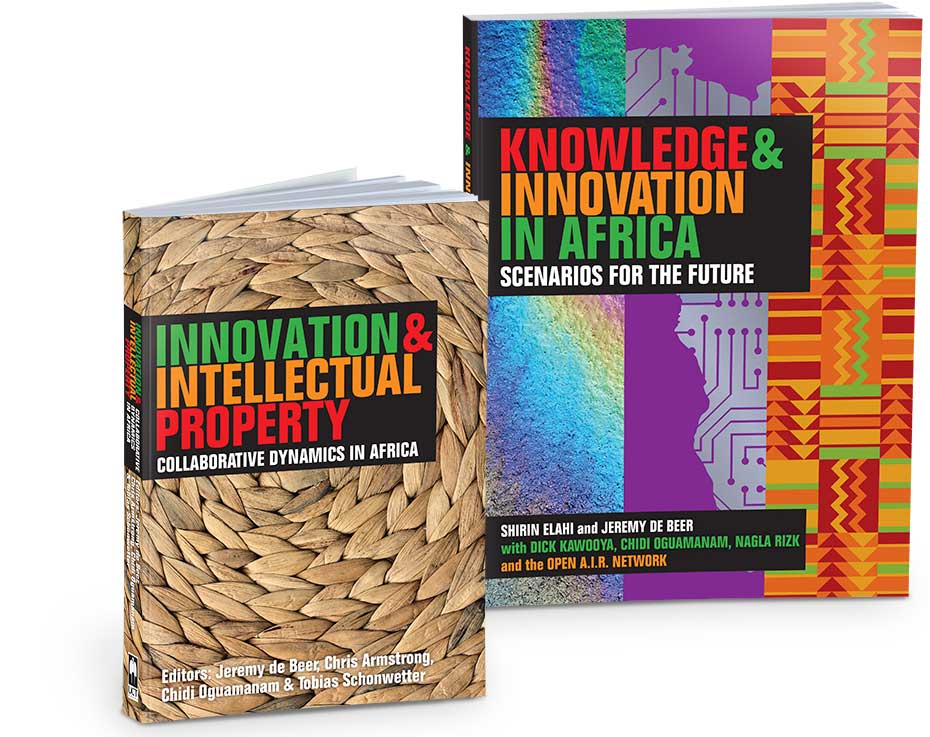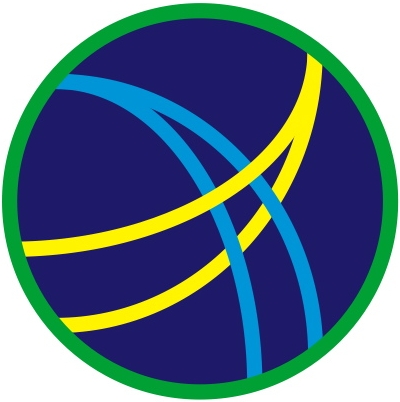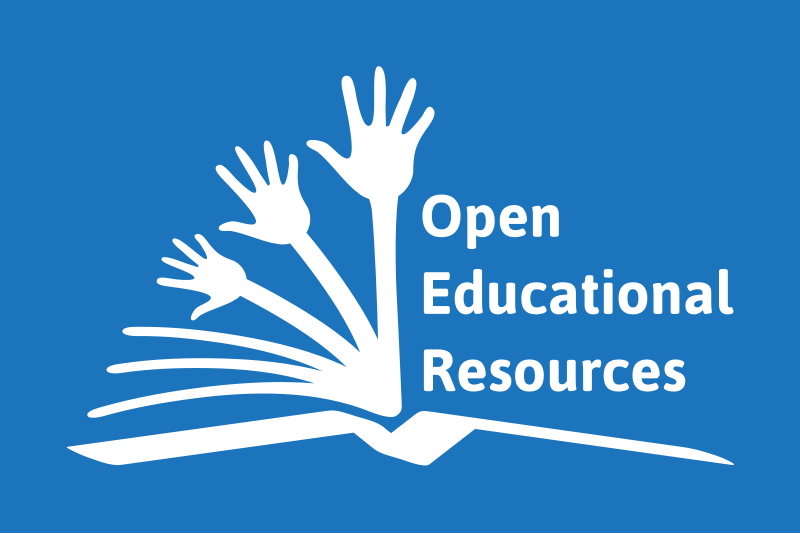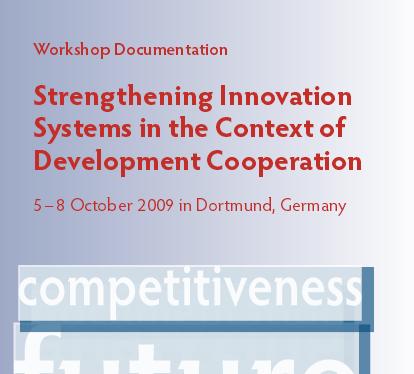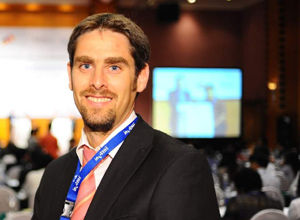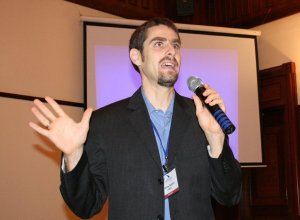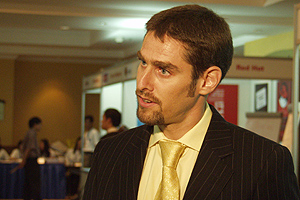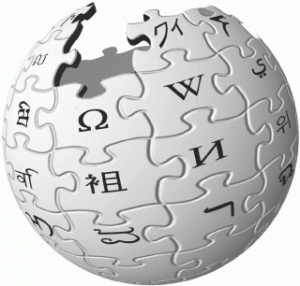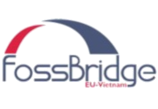 On the 15th of March, Balthas Seibold presented a new European-Vietnamese Project at the “CeBIT” in Hannover, the world’s largest IT trade fair. He officially launched the project on Free and Open Source Software (FOSS) cooperation at the LinuxForum. Until 2009 the twinning project will train Vietnamese software enterprises and developers and initiate joint software development projects in FOSS with European IT companies. It thereby aims at an affordable and sustainable ICT model for developing countries and the strengthening of the local ICT service sector. Balthas Presentation is available as a stream from the LinuxMagazine , more information is in the press release and on the website www.foss-bridge.org (UPDATE: Link to last version on the INTERNET ARCHIVE).
On the 15th of March, Balthas Seibold presented a new European-Vietnamese Project at the “CeBIT” in Hannover, the world’s largest IT trade fair. He officially launched the project on Free and Open Source Software (FOSS) cooperation at the LinuxForum. Until 2009 the twinning project will train Vietnamese software enterprises and developers and initiate joint software development projects in FOSS with European IT companies. It thereby aims at an affordable and sustainable ICT model for developing countries and the strengthening of the local ICT service sector. Balthas Presentation is available as a stream from the LinuxMagazine , more information is in the press release and on the website www.foss-bridge.org (UPDATE: Link to last version on the INTERNET ARCHIVE).
Which kind of e-learning technology for development cooperation?
This question led the discussions at a roundtable of the International LEARNTEC Forum on 13 February 2007 organized by the “German network of e-learning providers D-ELAN” and Learntec, a leading German trade fair for educational and information technology. Balthas Seibold was on the panel with Arndt Bubenzer, common sense, Beate Dippmar, GTZ, Christina Neuhoff, time4you GmbH and Thea Payome, CHECKpoint eLearning (moderator) on: “Open Source or proprietary software: Where is e-learning heading within in German Development Cooperation?”. More on the roundtable is online at the site of Learntec (partly in German) (UPDATE – Link is not to latest version of the site on Internet Archive).
Indonesian Minister supports training camp of BMZ/InWEnt/UNDP
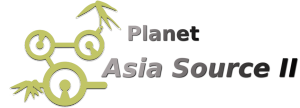 Over 140 IT professionals of non-governmental organizations (NGOs) and small and medium-sized enterprises (SMEs) from more than 27 countries gathered at Sukabumi, Indonesia for a nine-day Free/Open Source Software (FOSS) conference and training camp called “ASIA SOURCE II” from 22 to 30 January 2007. The Indonesian Minister for Research and Technology, Mr. Kusmayanto Kadiman showed his support to the initiative by visiting the camp in West Java two times. He emphasized the social and economic benefits and impacts of FOSS to the NGO and SME sectors and introduced the participants to “Indonesia, Go Open Source” (IGOS), an initiative of the Indonesian government which promotes the adoption of FOSS. Read more about his points and about Balthas Seibold’s speech on the conference website. Balthas has been involved in Asia Source II as co-organizer and member of the advisory group – the event is part of the regoinal programm it@foss. Personal views on the training event can be found on the blog of Asia Source II, which has also a report on “Balthas The Illusionist”.
Over 140 IT professionals of non-governmental organizations (NGOs) and small and medium-sized enterprises (SMEs) from more than 27 countries gathered at Sukabumi, Indonesia for a nine-day Free/Open Source Software (FOSS) conference and training camp called “ASIA SOURCE II” from 22 to 30 January 2007. The Indonesian Minister for Research and Technology, Mr. Kusmayanto Kadiman showed his support to the initiative by visiting the camp in West Java two times. He emphasized the social and economic benefits and impacts of FOSS to the NGO and SME sectors and introduced the participants to “Indonesia, Go Open Source” (IGOS), an initiative of the Indonesian government which promotes the adoption of FOSS. Read more about his points and about Balthas Seibold’s speech on the conference website. Balthas has been involved in Asia Source II as co-organizer and member of the advisory group – the event is part of the regoinal programm it@foss. Personal views on the training event can be found on the blog of Asia Source II, which has also a report on “Balthas The Illusionist”.
FOSS@Work in Manila, Philippines
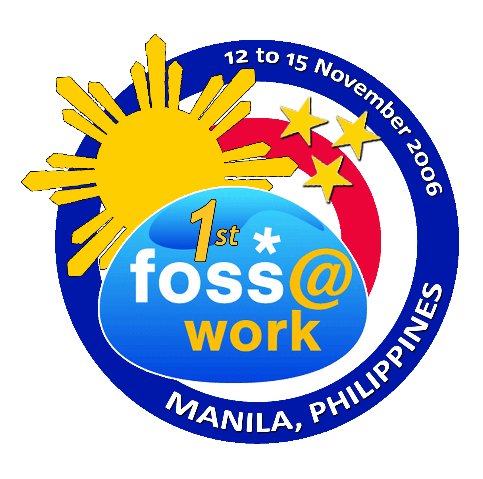 Over 50 participants from Southeast Asian countries explored the chances for economic and social development through Free and Open Source Software (FOSS) at the “first FOSS@Work International Conference-Workshop for Small-to-Medium Enterprises (SME) in the I.T. Industry”, held at the Heritage Hotel Manila, Philippines from November 12th to 15th, 2006. In his opening speech, Balthas Seibold of InWent Capacity Building International, Germany, stressed, that new business models, innovative local FOSS products and services offer exciting opportunities for SMEs and for countries in the region, but only if the human resource base is expanded through capacity-building and training. Other keynote speakers included the Commissioner Emmanuel Lallana from the Commission on Information and Communications Technology (CICT) of the Philippines, Guest speaker Rep. Teodoro Casino and Shahid Akhtar of UNDP APDIP. Read what others said about foss@work at the account of media reports and on the official conference website. The event was one of the first actions of the regional capacity building programme it@foss.
Over 50 participants from Southeast Asian countries explored the chances for economic and social development through Free and Open Source Software (FOSS) at the “first FOSS@Work International Conference-Workshop for Small-to-Medium Enterprises (SME) in the I.T. Industry”, held at the Heritage Hotel Manila, Philippines from November 12th to 15th, 2006. In his opening speech, Balthas Seibold of InWent Capacity Building International, Germany, stressed, that new business models, innovative local FOSS products and services offer exciting opportunities for SMEs and for countries in the region, but only if the human resource base is expanded through capacity-building and training. Other keynote speakers included the Commissioner Emmanuel Lallana from the Commission on Information and Communications Technology (CICT) of the Philippines, Guest speaker Rep. Teodoro Casino and Shahid Akhtar of UNDP APDIP. Read what others said about foss@work at the account of media reports and on the official conference website. The event was one of the first actions of the regional capacity building programme it@foss.
Knowledge Powers Development
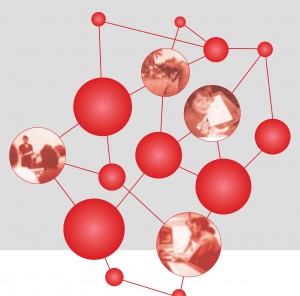 Knowledge Powers Development was the overarching theme of this year’s Eschborn dialoge, a discussion forum bringing together most of Germany’s development community. Balthas Seibold was a panellist of the workshop “WWW and knowledge – free access to knowledge as the basis for education and economic development”. His credo: New technologies and techniques such as “Free and Open Source Software” can offer interesting opportunities to “power development”. More on the workshop is online in the programme brochure. For a summary of the discussion, also see the blog of Netzpolitik (in German).
Knowledge Powers Development was the overarching theme of this year’s Eschborn dialoge, a discussion forum bringing together most of Germany’s development community. Balthas Seibold was a panellist of the workshop “WWW and knowledge – free access to knowledge as the basis for education and economic development”. His credo: New technologies and techniques such as “Free and Open Source Software” can offer interesting opportunities to “power development”. More on the workshop is online in the programme brochure. For a summary of the discussion, also see the blog of Netzpolitik (in German).
Free digital knowledge!
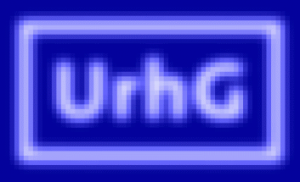 Free digital knowledge! claims the German Coalition for Action “Copyright for Education and Research”. These days, Germany is debating new legislation for copyright in the digital era – a proposed text passed the executive branch of government in March of this year. A nationwide coalition of research and educational organizations and personalities fights the proposal, which “would severely” harm education and science in Germany according to the coalition. In particular, access to scientific information could be more restricted and more expensive. Key criticism and proposals are online in the “Göttingen Declaration on Copyright for Education and Research” , which was signed in 2004 – also by the author of this website. The declaration can be signed here.
Free digital knowledge! claims the German Coalition for Action “Copyright for Education and Research”. These days, Germany is debating new legislation for copyright in the digital era – a proposed text passed the executive branch of government in March of this year. A nationwide coalition of research and educational organizations and personalities fights the proposal, which “would severely” harm education and science in Germany according to the coalition. In particular, access to scientific information could be more restricted and more expensive. Key criticism and proposals are online in the “Göttingen Declaration on Copyright for Education and Research” , which was signed in 2004 – also by the author of this website. The declaration can be signed here.
IT@AB participates in IDLELO 2
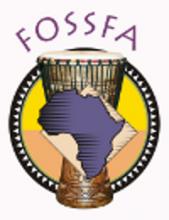 The SADC knowledge network it@ab (Information technology in Africa Business), with support from InWEnt (Capacity Building International) of Germany sent twenty five delegates from six SADC countries to participate in IDLELO2, the second all Africa conference on Free and Open Source Software in Nairobi Kenya from the 23rd to the 25th of February 2006. InWEnt/it@ab press release. For talks and interviews of Balthas Seibold at Idlelo (in German), check pro-linux (Report bei Markus Beckedahl), Interviews with Deutschlandfunk and WDR .
The SADC knowledge network it@ab (Information technology in Africa Business), with support from InWEnt (Capacity Building International) of Germany sent twenty five delegates from six SADC countries to participate in IDLELO2, the second all Africa conference on Free and Open Source Software in Nairobi Kenya from the 23rd to the 25th of February 2006. InWEnt/it@ab press release. For talks and interviews of Balthas Seibold at Idlelo (in German), check pro-linux (Report bei Markus Beckedahl), Interviews with Deutschlandfunk and WDR .
After UN Info-Summit – InWEnt’s networks on ICT capacity building reinforced
 The second phase of the World Summit on the Information Society closed on Thursday 18 November 2005 after almost a week of intense negotiations, plenary sessions, a large ICT for all exhibition and parallel events attracting around 19.000 participants from more than 800 entities including UN agencies, private sector companies and civil society organizations. For more information on InWEnt’s action at WSIS II, see full text of the press release (now at the Internet Archive) by Balthas Seibold.
The second phase of the World Summit on the Information Society closed on Thursday 18 November 2005 after almost a week of intense negotiations, plenary sessions, a large ICT for all exhibition and parallel events attracting around 19.000 participants from more than 800 entities including UN agencies, private sector companies and civil society organizations. For more information on InWEnt’s action at WSIS II, see full text of the press release (now at the Internet Archive) by Balthas Seibold.
Information Technology in African Business
 The SADC-wide network “it@ab – Information Technology in African Business” recently held a two days International Conference in Lusaka, Zambia on “Smooth integration of Free and Open Source Software (FOSS) into existing software environments”. The SADC region was challenged to adopt FOSS as a viable route towards affordable ICTs and business development at the local level. The event was supported by the German development organization InWEnt, Capacity Building International, Germany and ran from the 18th to the 19th of October 2005. In his introductory remarks, Mr Balthas Seibold, the InWEnt Senior Project Manager for the it@ab project said the aim of the conference was in line with the UN Millennium Development Goal number 8 that emphasized partnership, progress and participation. For more information on the conference, see press release on the it@ab website (now in the Internet Archive).
The SADC-wide network “it@ab – Information Technology in African Business” recently held a two days International Conference in Lusaka, Zambia on “Smooth integration of Free and Open Source Software (FOSS) into existing software environments”. The SADC region was challenged to adopt FOSS as a viable route towards affordable ICTs and business development at the local level. The event was supported by the German development organization InWEnt, Capacity Building International, Germany and ran from the 18th to the 19th of October 2005. In his introductory remarks, Mr Balthas Seibold, the InWEnt Senior Project Manager for the it@ab project said the aim of the conference was in line with the UN Millennium Development Goal number 8 that emphasized partnership, progress and participation. For more information on the conference, see press release on the it@ab website (now in the Internet Archive).
COSGov Vietnam – Building cooperation via open-source for eGovernance
Open s ource software can boost economy, battle pirated software in Vietnam, concludes International Conference COSGov.The event was organized by InWEnt’s ICT team and opened by Balthas Seibold on 28 September 2005.
ource software can boost economy, battle pirated software in Vietnam, concludes International Conference COSGov.The event was organized by InWEnt’s ICT team and opened by Balthas Seibold on 28 September 2005.
More than 300 IT-Experts, governmental representatives and entrepreneurs had gathered in Vietnam’s capital Hanoi from 28-30 September 2005 for “COSGov Vietnam – Building cooperation via open-source for eGovernance”. The EU/BMZ sponsored conference is the first ever event in Vietnam to extensively cover the topic of free and open-source software (FOSS) for e-governance. For more information on the conference, see the Conference website www.cosgov.org. The full text of the press release is online at the Press release on the InWEnt website (now on the Internet Archive).
InWEnt yourself
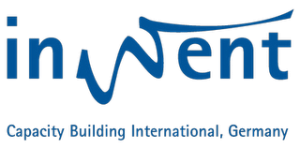 After three exciting years as an Associate Expert at UNESCO, Balthas Seibold is going to take up new challenges in Germany: As of September, he will be working with InWEnt in Bonn, a German development agency in the field of capacity building and training. A senior project manager for programmes on “ICT for Development”, he will develop capacity building projects in Asia, Africa and the Middle East within the department of Sustainable Business Development. For more information see http://www.it-inwent.net (now on the Internet Archive).
After three exciting years as an Associate Expert at UNESCO, Balthas Seibold is going to take up new challenges in Germany: As of September, he will be working with InWEnt in Bonn, a German development agency in the field of capacity building and training. A senior project manager for programmes on “ICT for Development”, he will develop capacity building projects in Asia, Africa and the Middle East within the department of Sustainable Business Development. For more information see http://www.it-inwent.net (now on the Internet Archive).
Contributing to the programme and budget of UNESCO of 2006-2007
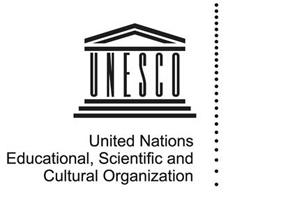 Balthas Seibold is proud to have contributed to the programme and budget of UNESCO of 2006-2007 as part of his assignment with UNESCO’s bureau of strategic planning – his main editing contributions are within the “communication and information” section, which deals with access to information and freedom of expression. You find the final document online on the Webseite of UNESCO
Balthas Seibold is proud to have contributed to the programme and budget of UNESCO of 2006-2007 as part of his assignment with UNESCO’s bureau of strategic planning – his main editing contributions are within the “communication and information” section, which deals with access to information and freedom of expression. You find the final document online on the Webseite of UNESCO
Building a global knowledge commons – one wikipedia entry by one
The Internet is a knowledge agora or a knowledge commons – that has been a vision since the early days of the web. But now, we see that some of the tools are getting mature, which are truely built by all for all for free. I am now getting more and more into wikipedia editing, such as the entry of UNESCO. Check the Entry on UNESCO – in Englisch (see my first edit in 2004, check all my historic edits in the English Wikipedia here) and in French or the entry on Waldbronn at the Open Directory Project.
New book: Globalization with a Human Face – Benefitting All
Globalization with a Human Face – Benefitting All – That’s what UNESCO promotes through a new book with the same title. Balthas Seibold has edited the volume and has contributed an article on “Media, Communication and Globalization”. Check the book on the publication section of this site.
Just published: main uses of online content by users in developing countries
Just published: An article by Balthas Seibold on main uses of online content by users in developing countries. The article is part of a scientific book on the quality of online communication. The German title is “Gute Seiten – schlechte Seiten. Qualität in der Onlinekommunikation”. The title of the article (which is available in German online, is “Verfügbar, verständlich und relevant – was Nutzer in Entwicklungsländern von Onlineinhalten erwarten”. You find there a checklist for quality of online content in developing countries, knowledge as a common good, intellectual property rights discussion, availability of digital content, language and multilingualism, cultural diversity and selflearn didactics. Check the article (in German) in the following download.
